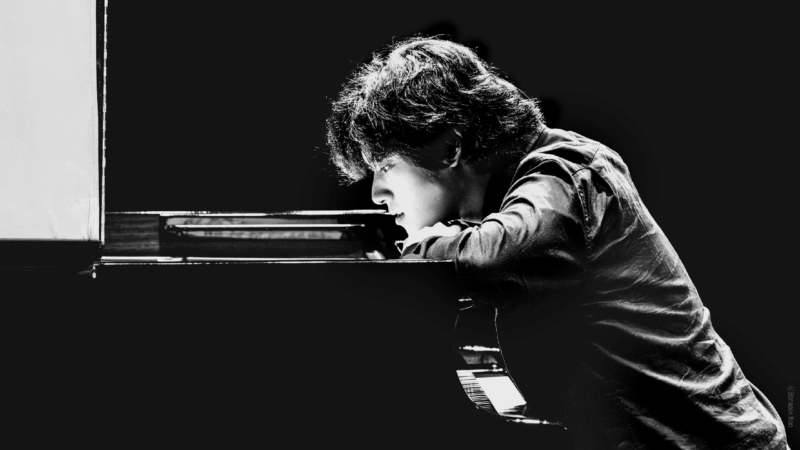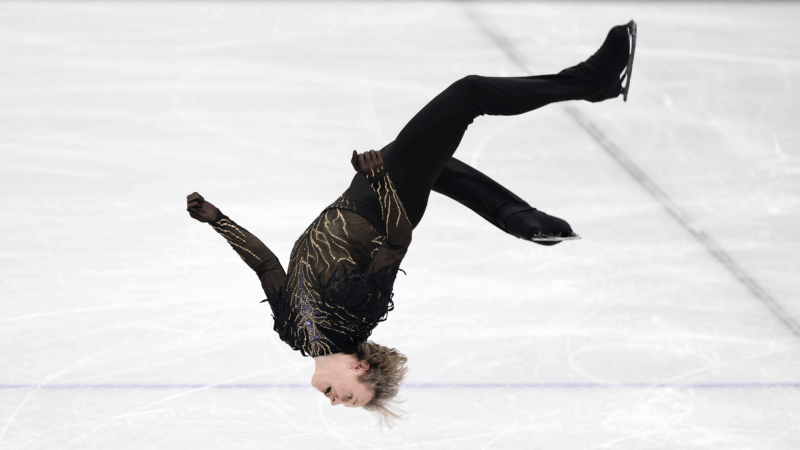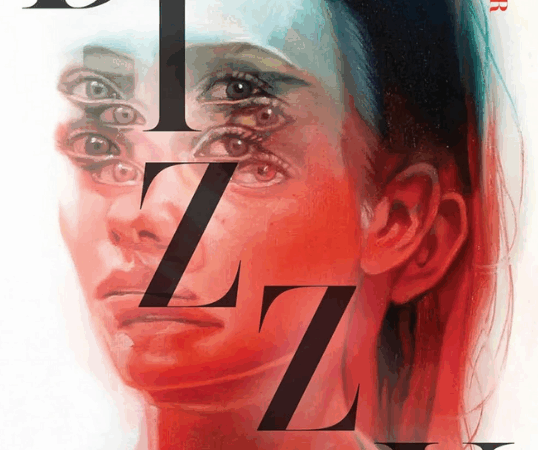How Yunchan Lim changed my mind about Tchaikovsky’s ‘Seasons’
Sometimes it takes a first-rate artist to breathe life into a second-rate piece of music.
Let’s be honest, the set of piano miniatures called The Seasons is not top-shelf Tchaikovsky. Especially if you compare it to Swan Lake, the ballet he was finishing in late 1875 when he was approached by the editor of a St. Petersburg music periodical. The composer was offered handsome payment to write a series of piano postcards depicting each month of the year, in chronological order. The publisher added his own descriptive subtitles for each piece.
Only a few pianists have recorded the complete cycle, offering competent performances of these serviceable little pieces. But something unequalled is happening in a new live recording of The Seasons by the young sensation Yunchan Lim. At age 18, the South Korean was the youngest ever to capture the gold medal at the Van Cliburn International Piano Competition in 2022. It was another Russian’s music — Rachmaninov‘s thunderous Third Piano Concerto — that clinched Lim’s victory. Tchaikovsky’s salon-like, mid-tempo Seasons couldn’t be more different.
It all begins cozied up to a crackling fire in the month of January, where Lim finds much tenderness in Tchaikovsky’s delicately rolled chords. But for Lim, that fire isn’t blazing, it’s fizzling out. He has concocted a storyline for the cycle, detailed in the album’s liner notes, which renders the publisher’s picturesque subtitles all but useless. Lim views The Seasons as the final, somber, year in an old man’s life. And that sets up a potentially interesting paradox of the young and robust envisioning the old and feeble.
Whether you buy Lim’s melodramatic narrative or not, the album is evidence that his swelling romanticism is becoming his greatest strength. “I have made up my mind I will live my life only for the sake of music, and I decided that I will give up everything for music,” Lim has said. That sounds like something the heart-on-sleeve Tchaikovsky might say himself.
The month of February depicts an effervescent carnival, while March, titled “Song of the Lark” by Tchaikovsky’s publisher, is lyrically rich. But in Lim’s eyes, it’s fraught with tears, tragedy and the unexplained loss of a child. No matter. Here we find one of Lim’s finest performances, sounding ethereal, off-the-cuff, as if improvised, almost like jazz.
Tchaikovsky’s Seasons contains something of a hit single. It’s the month of June (“Barcarolle”), one of the composer’s most wistful and beautiful melodies, propelled by a gently swaying beat. And here is a moment to get molecular — to hear the Yunchan Lim difference — by comparing the opening phrase of “June.” In his perfectly fine 2014 recording, pianist Pavel Kolesnikov seems to measure each note with a ruler to make sure they’re equidistant. But Lim opts for a nuanced rhythmic push and pull, and subtle dynamic control which offers an extra emotional tug.
Lim is only 21 now, but he plays like an old soul. In the month of October, another highlight of the album, his astounding, featherlight touch intertwines a pair of heartbreaking melodies, one seemingly calling out from a distance. It’s a probing, intense, introspective account, not unlike the performance Lim gave last year before a stunned audience at NPR’s Tiny Desk. The pianist compares the darkly lit music to J.S. Bach‘s Goldberg Variation No. 25, often nicknamed the “Black Pearl” for its crepuscular vibe.
The Seasons concludes at Christmastime. Lim’s protagonist is, as usual, filled with regret, but you wouldn’t be able to tell by Tchaikovsky’s jaunty waltz, which Lim dares to render just slightly off kilter at one point.
In the end, Lim’s imposed storyline might not add up. But does it matter? The poetry of his performances has transformed these ordinary pieces into something extraordinary. The album proves that Lim’s sensitive side might be his most audacious — and has forced me to change my mind about Tchaikovsky’s Seasons.
Lindsey Vonn says she suffered ‘complex tibia fracture’ in her Olympic downhill crash
The 41-year-old star said her torn ACL was not a factor in her crash. "While yesterday did not end the way I had hoped, and despite the intense physical pain it caused, I have no regrets," she wrote.
Guerilla Toss embrace the ‘weird’ on new album
On You're Weird Now, the band leans into difference with help from producer Stephen Malkmus.
Nancy Guthrie search enters its second week as a purported deadline looms
"This is very valuable to us, and we will pay," Savannah Guthrie said in a new video message, seeking to communicate with people who say they're holding her mother.
Immigration courts fast-track hearings for Somali asylum claims
Their lawyers fear the notices are merely the first step toward the removal without due process of Somali asylum applicants in the country.
Ilia Malinin’s Olympic backflip made history. But he’s not the first to do it
U.S. figure skating phenom Ilia Malinin did a backflip in his Olympic debut, and another the next day. The controversial move was banned from competition for decades until 2024.
‘Dizzy’ author recounts a decade of being marooned by chronic illness
Rachel Weaver worked for the Forest Service in Alaska where she scaled towering trees to study nature. But in 2006, she woke up and felt like she was being spun in a hurricane. Her memoir is Dizzy.






